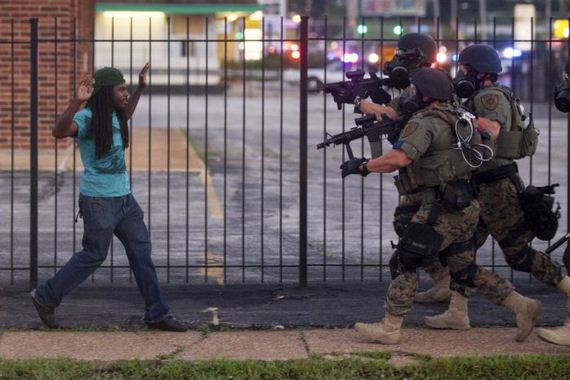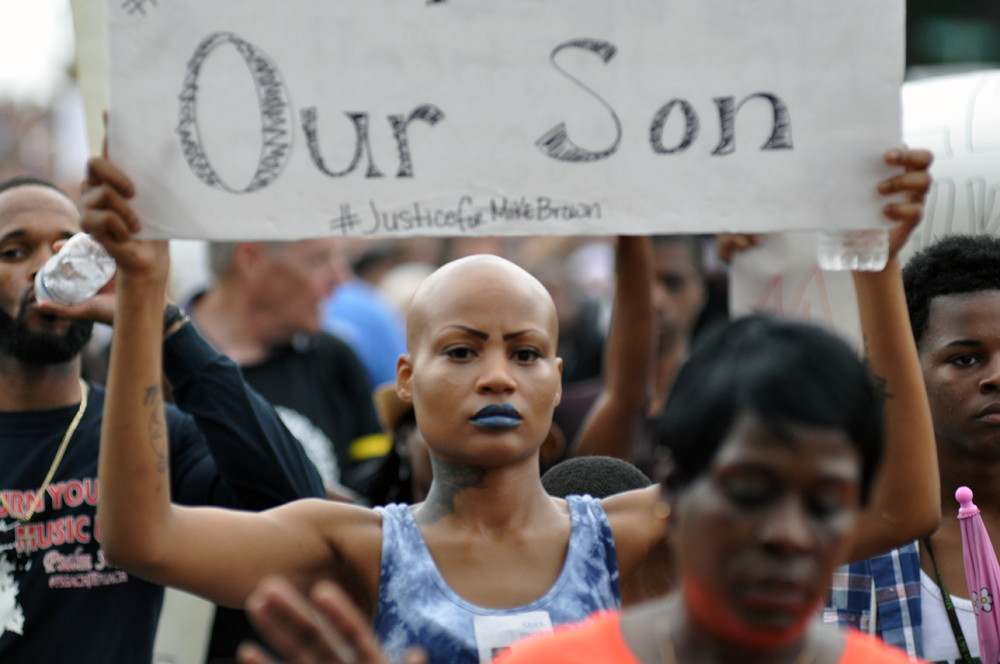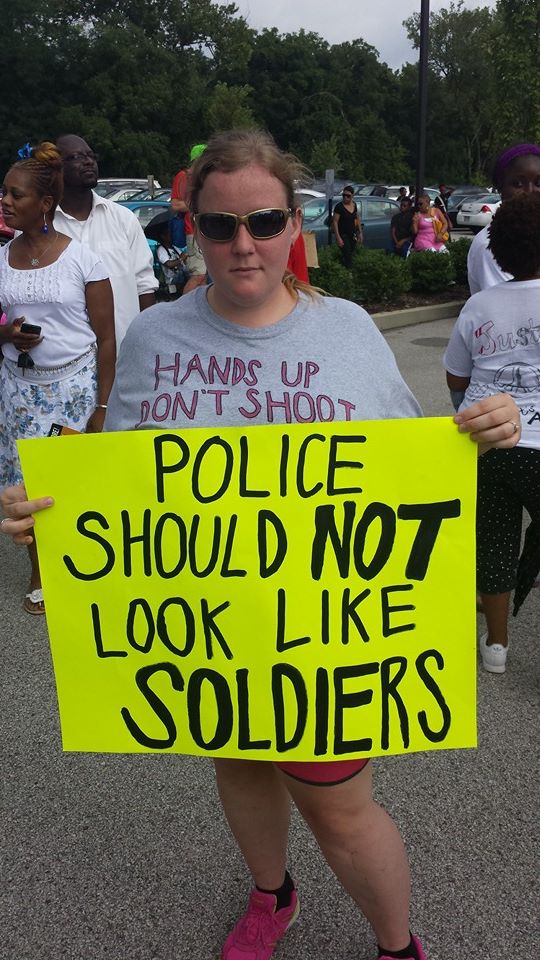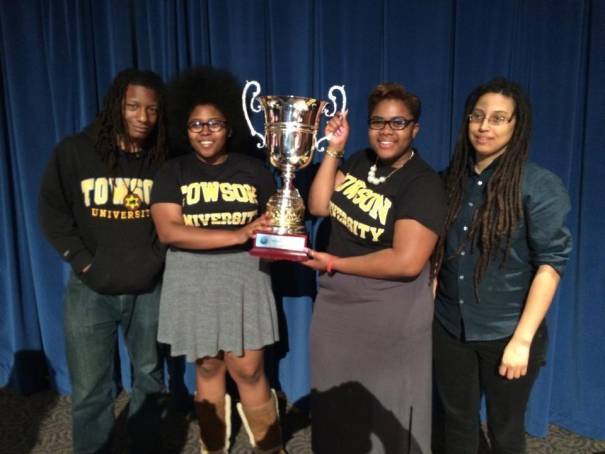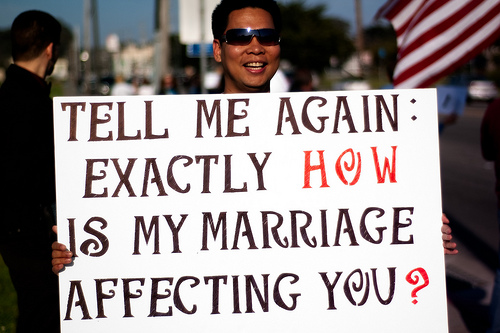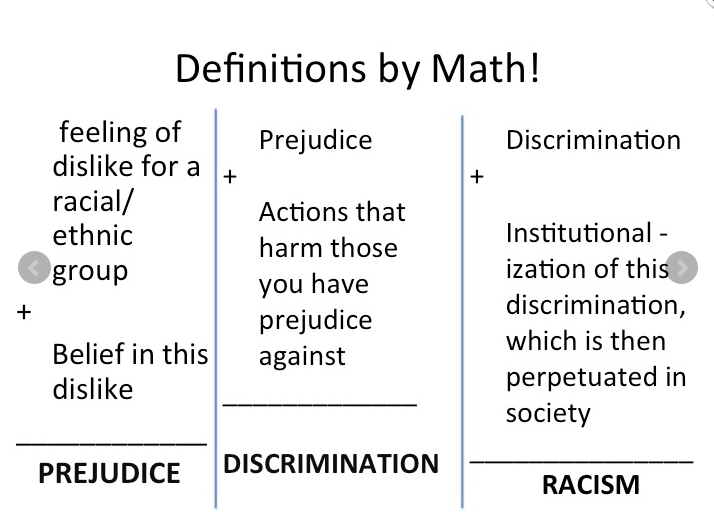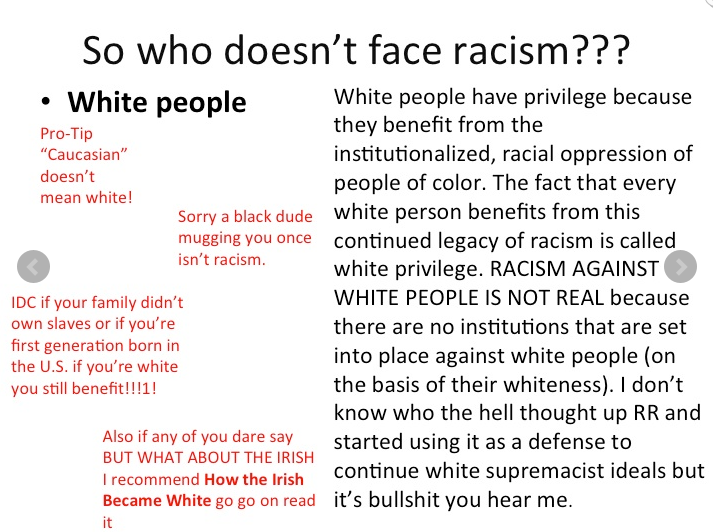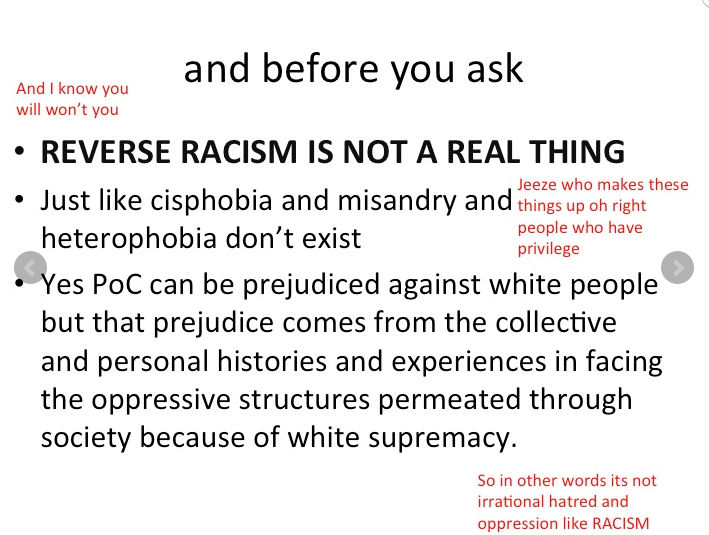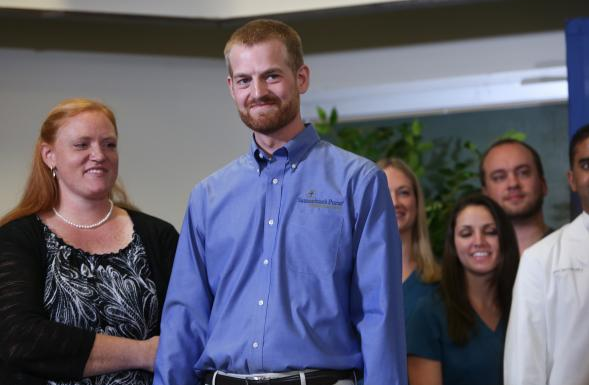
I’ll give Brian Palmer this: in his article for Slate he’s not at all shy about telling us how he really feels. It’s great, he says, that Christian medical missionaries are out there trying to do good works in Africa: “Rather than parachuting in during crises, like some international medicine specialists, a large number of them have undertaken long-term commitments to address the health problems of poor Africans.” And yet, after all the kind words like these he has to say for medical missionaries, they only serve to underscore the weirdness of his central point:
When an infected American missionary was flown back to the United States for treatment… a fair number of Americans were thinking a much milder, less offensive form [thinking that he should “suffer the consequences” or that he was “idiotic”]. I’ll hold my own hand up. I still don’t feel good about missionary medicine, even though I can’t fully articulate why.
So let me point out the first obvious irony, which is for someone flying the proud flag of rationalism and skepticism to be so open and honest about his totally irrational and credulous animosity towards Christians. Gee, if only we had a word to describe irrational, unarticulated prejudices…The sad part is that religious skepticism has descended so far below the heights of freethinking iconoclasm that no one even seems to remember when rejecting theism was a carefully considered intellectual proposition that actually meant something. Now it’s a fashion statement. Some of us don’t like normcore. Some of don’t like Christianity. People are weird, am I right?
I’m definitely not the first to take Palmer to task, and I’m avoiding the most obvious problem with his argument. David French handled that admirably in his piece for the NRO:
In other words, [Palmer] has a problem with medical missionaries because they’re not operating in first-world hospitals with first-world reporting systems and first-world systems of legal accountability? If there weren’t staffing shortages, drug shortages, a lack of large health-care facilities, and all the other issues that dominate developing-world medicine, we wouldn’t need medical missionaries.
French is right, and so I don’t repeat it. Instead, let me raise just one other issue. It’s subtle, I think, until you state it out loud. Then it seems really, really awkwardly obvious. We’re on the threshold of an unprecedented humanitarian tragedy unfolding in Africa with the potential to kill millions (both directly and from the resulting chaos and upheaval) and, on the verge of this nightmare, Palmer thinks it’s a good time to talk about the queasiness with which he regards the religiosity of strangers? That is what the threat of a continent-wide pandemic makes him think is a really pressing issue?
Now that’s some privilege right there.
